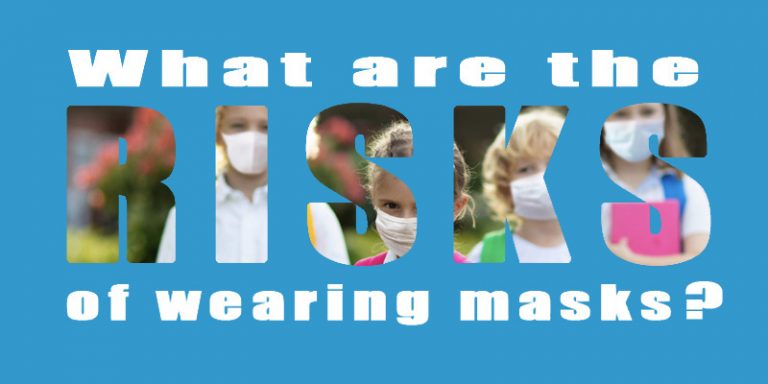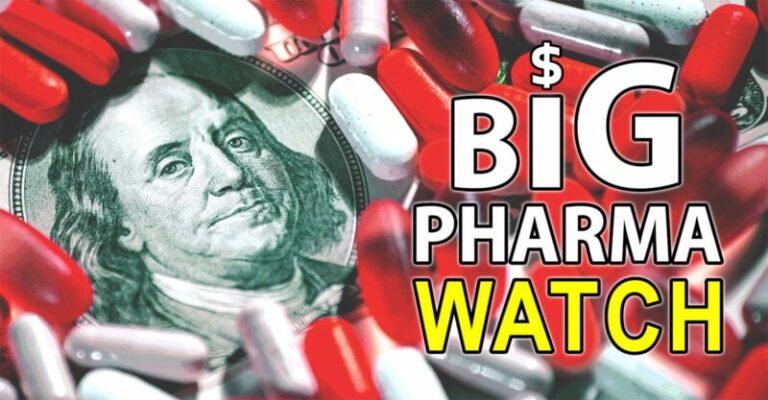Pharmaceutical market for autism treatments will more than double by 2030
Source: TKP.at, Dr. Peter F. Mayer. 08 May 2024
The enormous increase in the number of vaccinations that are now being pushed even to newborns has caused a rapid increase in the number of autism spectrum disorders (ASD) here and worldwide. As a result, the market for the treatment of immune and brain dysfunction associated with this neurological and developmental disorder is also growing. A double win for the pharmaceutical industry and its owners.
One in 36 eight-year-old children is now affected by ASD, with one in six children suffering from a developmental disability. The global market for ASD treatment, currently estimated to be worth about $7.5 billion by Pune, India-based market research firm Fortune Business Insights, is expected to more than double to just over $13 billion by 2030 . The market is divided into three segments : autistic disorder, Asperger syndrome and pervasive developmental disorders (PDD).
These estimates are extremely conservative compared to those from Portland, Oregon-based Allied Market Research , which puts the market for ASD treatments at about $30 billion today and predicts it could grow to $43.2 billion by 2031. Some market researchers speculate that this market could be a “next industry giant.”
According to Fortune Business Insights:
An increase in the prevalence of Autism Spectrum Disorders (ASD) is positively impacting the growth of the market globally, which has resulted in increasing demand for clinical research for effective treatment.
This prevalence rate, coupled with the high number of unmet patient needs in emerging markets, is expected to skyrocket the demand for novel and effective medications and therapies to treat autism spectrum disorders. Consequently, this increase in demand is expected to drive market growth.
Both Fortune Business Insights and Allied Market Research forecasts expect North America to dominate the ASD treatment market due to the region’s increased “product launches,” the maturation of its “health care infrastructure,” and its “major players.” gives. In 2022, North America accounted for around 59 percent of the market share.
In addition, of course, there is simply a higher demand for treatment and other services in North America because the autism rate in the United States is significantly higher compared to many other countries. While the World Health Organization (WHO) estimates that the average autism rate in the world is one in 100 children, in the United States and Western Europe it is one in 36 and rising.
The forecasts identify the following companies as the top 10 ASD treatment providers over the next decade:
- AbbVie, Inc. of Chicago, Illinois
- Axial Therapeutics, Inc. of Woburn, Massachusetts
- Bristol-Myers Squibb Co., based in Princeton, New Jersey
- Cognoa, Inc. of Palo Alto, California
- Curemark LLC is based in Rye, New York
- dfusion, Inc. based in Scotts Valley, California
- EarliTec Diagnostics, Inc., based in Decatur, Georgia
- Jazz Pharmaceuticals plc based in Ireland
- Johnson & Johnson, Inc. based in New Brunswick, New Jersey
- Novartis AG from Basel, Switzerland
Several biopharmaceutical companies are working to develop drug therapies such as stimulants (such as Ritalin and Concerta), selective serotonin reuptake inhibitors (SSRIs), antipsychotics (such as aripiprazole and risperidone), and sleep aids. Available drug therapies can reportedly reduce the frequency and intensity of repetitive behaviors, reduce anxiety, irritability, tantrums, and aggressive behavior, and improve eye contact.
But all of these drug therapies have side effects. For example, SSRIs are associated with an increased risk of suicidal thoughts. Stimulants can cause decreased appetite, increased repetitive movements, stomach pain, headaches, dizziness, difficulty sleeping, and a tendency to withdraw from family and other people. Antipsychotics can cause increased appetite, weight gain, tiredness or sleepiness, drooling, increased heart rate, and stiff arms and legs or uncontrollable jerking movements.
Basically, pharmaceutical interventions always come down to the same thing: the symptoms of an illness are suppressed. Undesirable side effects occur. Their symptoms are suppressed with medication. Undesirable side effects occur… In the case of autism, it is even the case that it is caused by the unnecessary vaccinations of small and small children and thus causes a whole tail of other diseases.
Suggest a correction







